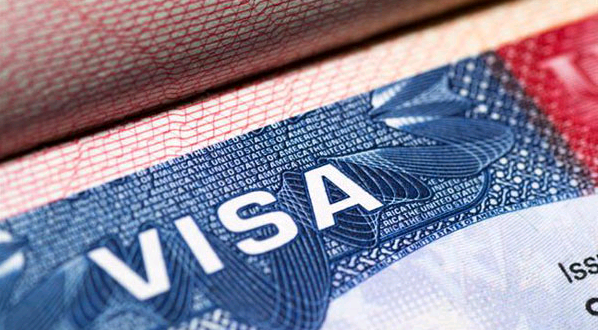U.S. visa policies are shifting rapidly in 2025. Whether you’re a student, a tech worker, or simply planning a trip, things are definitely different now. With the Trump administration tightening immigration regulations, some of these changes may make it harder to enter or stay in the U.S.
Based on the latest updates, here’s a detailed list of the biggest visa changes that are catching a lot of people by surprise.
1. Hundreds of student visas revoked—even for minor offenses
Over 300 international students, including those at prestigious universities like Harvard and Stanford, have had their visas revoked. Surprisingly, some of the reasons cited include things as small as speeding tickets. This has left many students angry and bewildered, with fears that their visa status could vanish over the smallest misstep.
2. F-1 visa approvals declining, especially for Indian students
If you’re applying for an F-1 student visa from India, prepare for tougher hurdles. With over 331,600 Indian students in the U.S. during the 2023-24 academic year, the competition is fierce, and the rejection rate hit 41% in 2024. Expect longer wait times, more rigorous interviews, and increased paperwork, especially when it comes to proving financial stability.
3. The future of opt in jeopardy
The Optional Practical Training (OPT) program, a critical pathway for students to gain work experience after graduation, is under threat. New legislative proposals aim to eliminate it entirely, forcing international students to either apply directly for H-1B visas or leave the country.
4. Visa ban for South Sudanese nationals
In an unexpected move, the U.S. revoked all visas for South Sudanese citizens due to a diplomatic dispute over repatriation. This sweeping action even impacted individuals with protected status, setting a concerning precedent for banning entire nationalities with little notice.
5. H-1B workers advised to avoid international travel
Major tech companies are advising their H-1B employees to stay put and avoid international travel. The reason? Significant delays in processing and changing rules at the border. Leaving the country could put your re-entry at risk, with some companies even issuing official memos urging against non-essential travel.
6. The CIS ombudsman office is gone
The Citizenship and Immigration Services Ombudsman, a key resource for those facing visa issues, has officially shut down. Without this service, many are left to navigate bureaucratic red tape with no support, making it harder to resolve problems when things go wrong.
7. AI tracking student protesters and revoking visas
In a controversial move, the U.S. government has implemented a “catch and revoke” policy using AI to monitor social media for student protesters, particularly those accused of anti-Semitic behavior. Several student visas have already been revoked based on online activity, prompting growing legal pushback.
8. H-2B visa cap reached—and it’s only april
The cap for seasonal H-2B work visas has already been hit for the second half of the fiscal year—months earlier than usual. Industries like hospitality, seafood processing, and landscaping are scrambling as they depend heavily on this workforce.
9. New gender identity policy complicates applications
USCIS has updated its policy manual to recognize only two biological sexes: male and female. This has raised significant concerns among LGBTQ+ applicants, as transgender and non-binary individuals may now face more complicated application processes or outright rejections.
10. J-1 exchange visas under scrutiny
U.S. authorities are revoking J-1 exchange visas for even the smallest administrative errors. In one high-profile case, a Harvard scholar’s visa was revoked over undeclared frog embryos. The message is clear: J-1 visa holders must be meticulous about every detail, as mistakes that once warranted a warning now come with serious consequences.
Meanwhile, the U.S. immigration landscape in 2025 is more unpredictable than ever. Whether you’re a student, professional, or researcher, staying informed is essential.
Keep track of visa updates from USCIS, consult with your immigration lawyer, and reconsider any significant travel plans before moving forward.
The Nation

